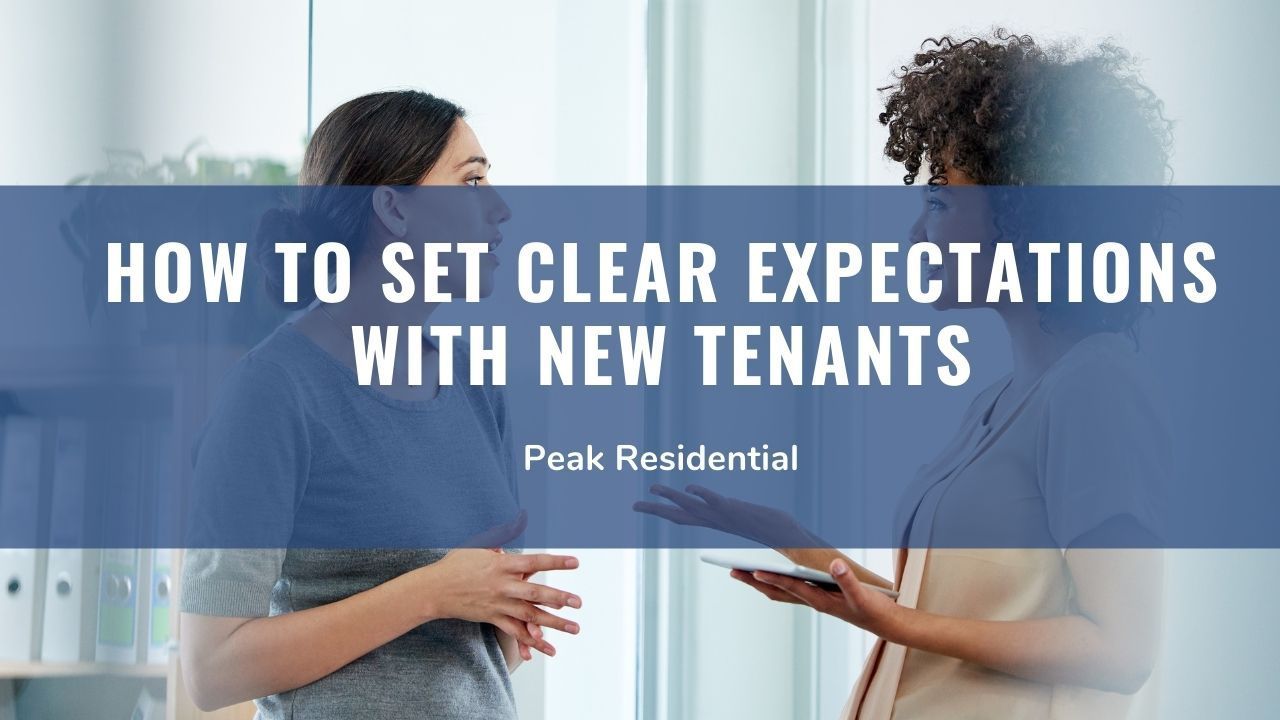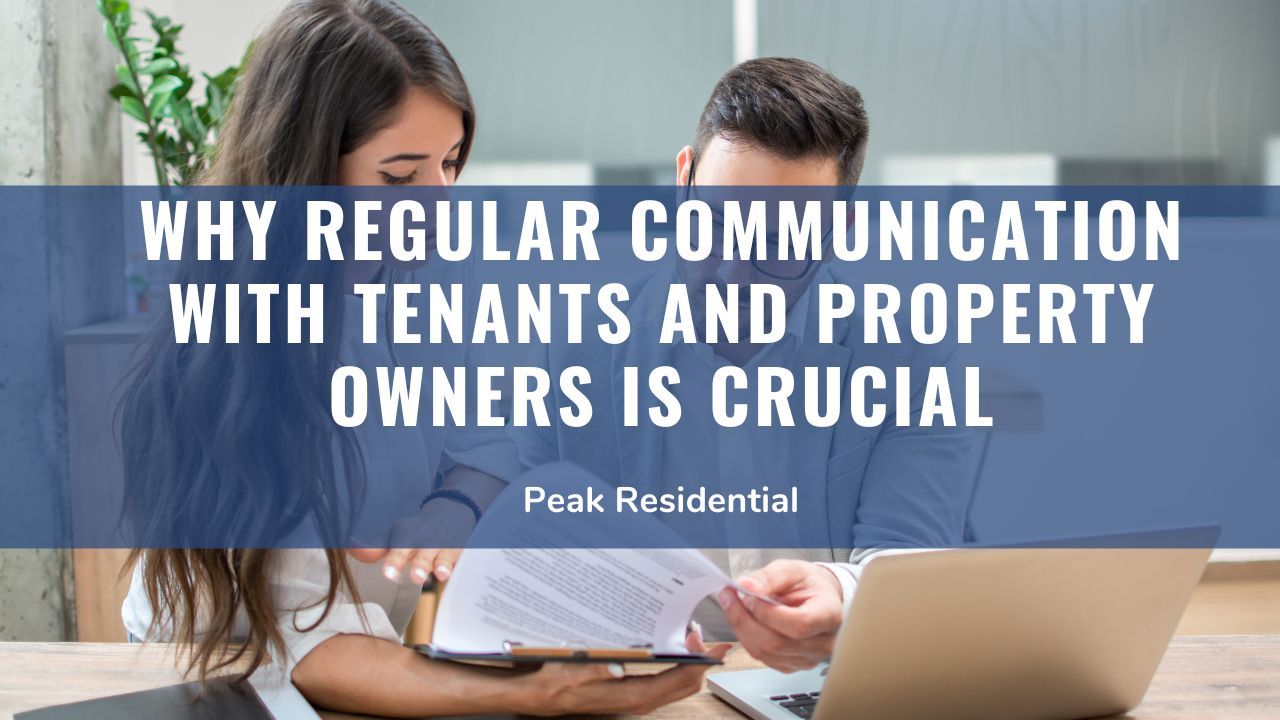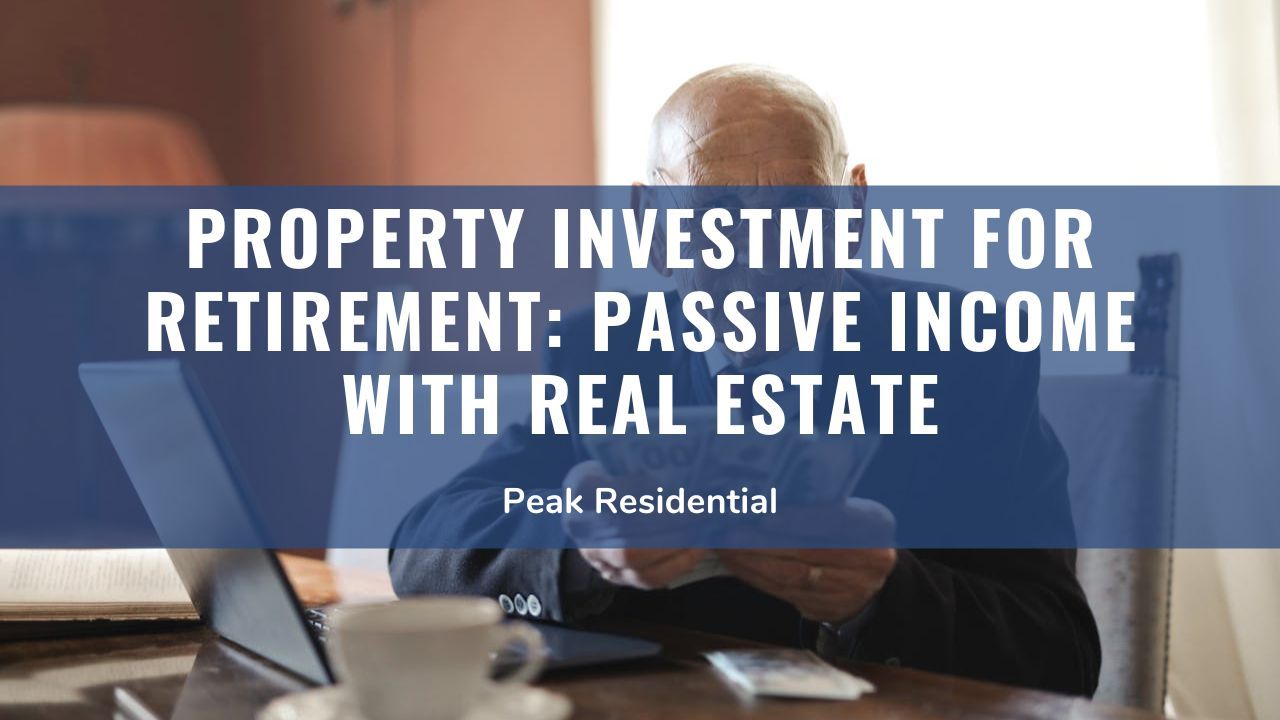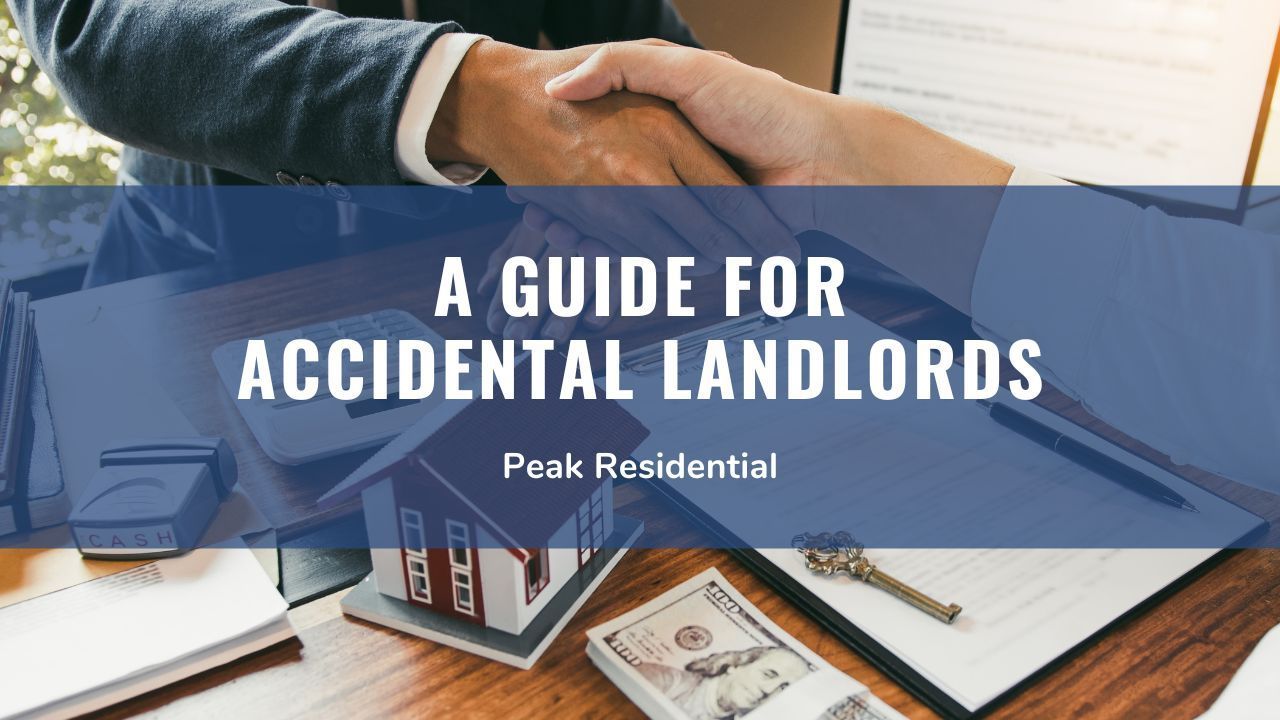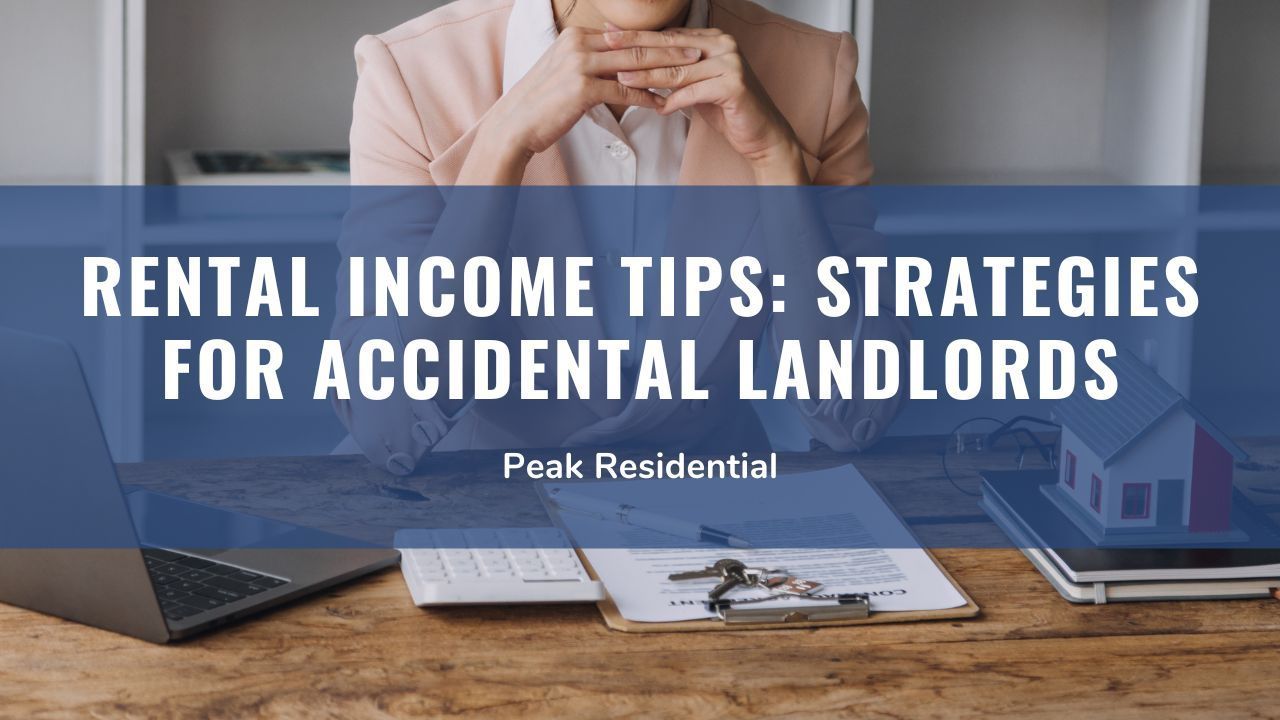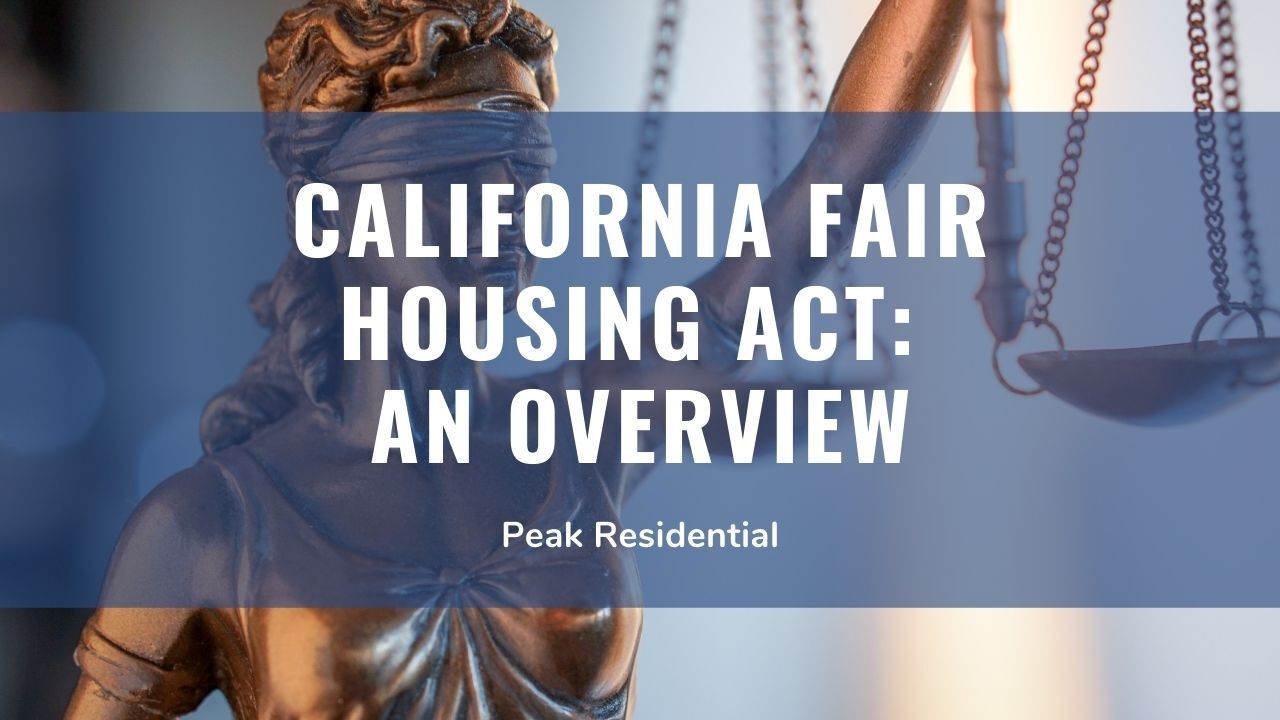
Key Takeaways
- Compliance with Fair Housing Laws - To comply with Fair Housing, landlords must ensure their rental ads, tenant screening processes, and policies are free from bias. This includes avoiding discriminatory language in advertisements, maintaining uniform screening criteria, and accommodating tenants person with disabilities by allowing reasonable modification services to ensure that everyone has equal housing opportunities.
- Adherence to Federal and State Fair Housing Laws - California landlords must adhere to both federal and state Housing Laws, which prohibit discrimination based on characteristics such as race, religion, disability, familial status, and more. State level fair housing extend protections beyond federal requirements, covering additional factors like citizenship, source of income, and gender identity.
Every rental applicant in California has a right to fair treatment and no discrimination in housing. The Federal Housing laws were enacted by Congress with the goal of stamping out all forms of discrimination. Besides landlords, the state Housing Laws also applies to other players in the industry, including mortgage lenders, real estate agents, and home buyers.
As a California landlord, it’s best to familiarize yourself with the Federal Fair Housing Act in order to avoid any unintentional complications that may befall real estate brokers. Peak Residential has created the following guide to help!
What Are the Origins of the Federal Fair Housing Act?
The federal housing law was passed in 1968 by President Lyndon B. Johnson. Its enactment came only after a long and difficult journey. A few years prior to the signing of the bill, Congress met regularly and considered it regarding housing and urban development, but failed to garner a strong enough majority to pass it.
The death of Dr. Martin Luther King, Jr. ultimately pushed the passing of the bill with the aim of providing equal housing opportunity, federal fair housing and housing and urban development making discrimination in housing illegal.
What is a Protected Class in California Under the Fair Housing Act?
A protected class is defined as California residents with a specific characteristic who is protected under the federal regulations and the Fair Housing Act from housing discrimination. There are two pieces of legislation within the Federal Fair Housing laws, one at the federal level and the other at the state level, California. At the federal level, there are 7 protected classes against discrimination based on the following: race, color, religion, sex, disability, national origin and familial status.
The California Fair Employment and Housing Act defines a disability as a person with a mental or physical impairment, disability or condition that restricts major life activities. These include tasks such as cooking, cleaning, bathing, working, paying bills, and shopping.
According to California Fair employment and housing laws, the protected characteristics for a person are extended beyond those listed at the federal level. State fair housing laws prevents discrimination practices based on the following:
- A person age
- Ancestry
- Citizenship
- Children
- Source of income
- Sexual orientation
- Primary language
- Marital status or familial status
- Immigration status
- Genetic information
- A person gender identity or expression
- Veteran status
- Disability
- Occupation
What Type of Housing Is Covered?
The California law that prevent illegal housing discrimination of any person cover most types of housing. Some exceptions that apply at the federal level don’t apply in the state of California, meaning providers could still fall under housing discrimination and the jurisdiction of court.

The main exemption to the Fair Housing law is one that applies to single-family homes where the owner is one of the occupants. On California, the owner must meet two requirements:
- They must only be renting to one person
- They must avoid all forms of housing discrimination in regards to notices, statements, and advertisements.
Besides owner-occupied single-family homes, exceptions also do exist for housing operated by organizations and private clubs as well as for senior housing. Your provider may limit occupancy to members based on a myriad of factors.
What Do the California Fair Housing Laws Prohibit?
As a landlord, the following are practices of alleged discrimination against a person that the Fair Housing Act may consider as housing discrimination by landlords under California law:
- The local fair housing laws will prohibit discrimination within a rental ad that shows preference or bias towards a tenant belonging to a certain group. For example, stating “no children” allowed or preferring a person of a specific national origin or income discrimination. As such, when listing your property on the housing market, ensure that your practices can't be perceived as illegal discrimination.
- Failing to show the 2nd-floor apartment to someone who is in a wheelchair or refusing reasonable accommodation for a person with a disability who wants to rent the unit
- Denying a rental application or discrimination based on no other reason other than their protected characteristics like source of income
- Delaying repairs or maintenance for California residents belonging to a certain protected class such as national origin, race, color, religion, sex, sexual orientation and familial status.
- Using different eviction criteria for women and men who want to rent the property
- Selectively charging higher rent or security deposit for certain people on housing accommodations
- Falsely telling a prospective tenant that the rental isn’t available for reasonable accommodations when it actually is available for rent
- Intimidating, coercing, threatening, or interfering with anyone exercising their right to fair housing accomodations
Do Disabled Tenants in California Have Special Protections under Fair Housing Laws?
Yes, they do per California law! Disability can be categorized in terms of both mental and physical conditions under state fair housing laws. A disability doesn't have to be permanent or severe.

The following are some examples of impairments landlords may encounter:
- Blindness
- Deafness
- Use of a wheelchair
- Intellectual disability
- Mental disability
- Cancer
- Schizophrenia
- Major depressive disorder
- HIV
As a housing provider in California, it's illegal to refuse your disabled tenant the right to make reasonable accommodation to their housing accomodation. Any reasonable modifications they do will be at their own cost. You also reserve the right to require the tenant to restore the property back to its original rules prior to the reasonable modifications once they move out.
Also, as a California provider, you must not refuse to make an accommodation in rules and policies necessary for a disabled California tenants to utilize the building, as is the law. For example, if you don’t permit pets, you must make an exception to those with services animals or else this could be an alleged discriminatory act by religion. It is a major breach of the law to refuse a person with a services animal.
Ways to Avoid Discrimination as a California Landlord
Here are several ways you can better adhere to the previsions for the Fair Housing laws in the state:
1. Create Proper Rental Ads
As a landlord, vacancies are inevitable in your career. As part of the re-leasing process, you’ll need to create a rental ad to help with marketing your property. When creating one, it’s important that you ensure it’s free from all forms of discrimination and follows local fair housing laws.
A California landlords ad shouldn’t contain any statements that infer preference or bias towards tenants of certain characteristics. For example, saying the property is ideal for “singles,” “young professionals,” or “men.” This is considered to be discrimination under the Federal Fair Housing Act, even if it's unintentional. National origin, race, disability (which can also include emotional or mental illness), religion, age, sexual orientation, national origin familial status, and sex are all examples of things you shouldn't list as a housing provider.
To avoid making such discrimination mistakes, describe the housing property and not the kind of tenant you want. This way, you’ll be able to avoid using words such as male, female, married, single, mature, Christian, words pertaining to a specific race and so on.
2. Screen Tenants the Right Way
First, ensure that your
screening process is standard. Uniformity is important when it comes to Fair Housing Laws. From the initial contact to the lease signing stage, you should ensure that every applicant undergoes the same process or else you may risk discrimination.

Second, avoid policies in your tenant selection process that create hurdles for certain applicants. For example, requiring a rental applicant to have a lengthy credit history.
Third, California housing providers should avoid asking the wrong questions. The following are some questions to stay away from when screening tenants due to the risk of discrimination:
- Do you have Children?
- Are you pregnant?
- Are you married?
- Do you go to the church in this neighborhood?
- Are those services dog?
- What is your first language?
- Are you white or Hispanic?
- How old are you?
- Are you gay?
- Are you married?
- What is your sexual orientation?
Bottom Line
Understanding and following Fair Housing laws is vital for landlords renting our properties. Knowing these laws will help you remain legally compliant and competitive in the housing market. At Peak Residential, we’re knowledgeable about California rental laws.
From Fair Housing Laws to the Warranty of Habitability and everything in between, we can ensure the property comply and even manage your property on your behalf. Get in touch with us to learn more about what we can do for you!
Disclaimer: This blog shouldn’t be used as a substitute for legal advice from a qualified attorney or federal court. Laws change frequently, and this post might not be up-to-date. For further questions, please get in touch with us directly.

